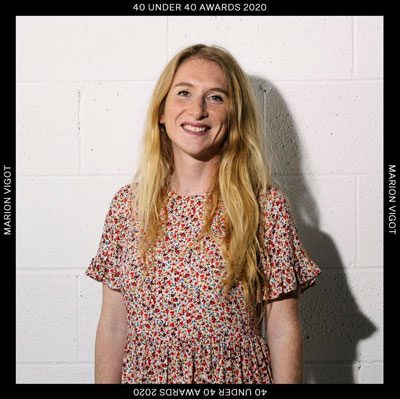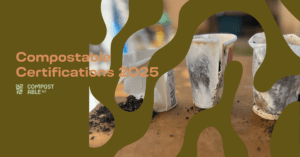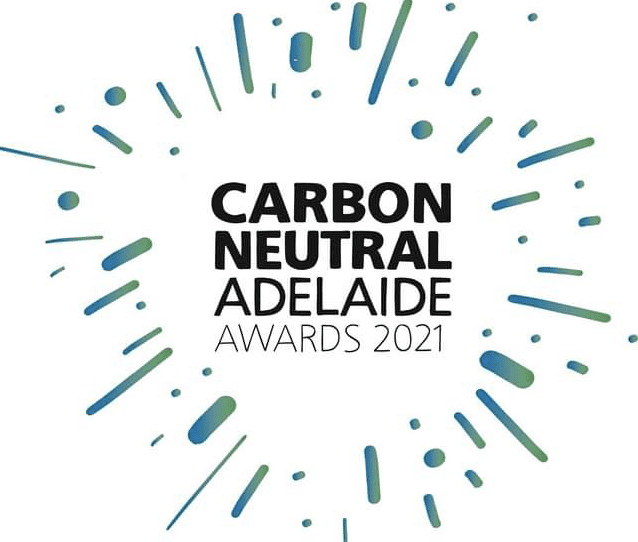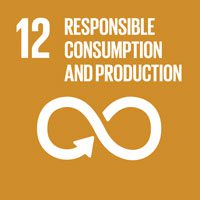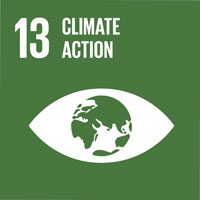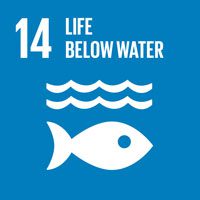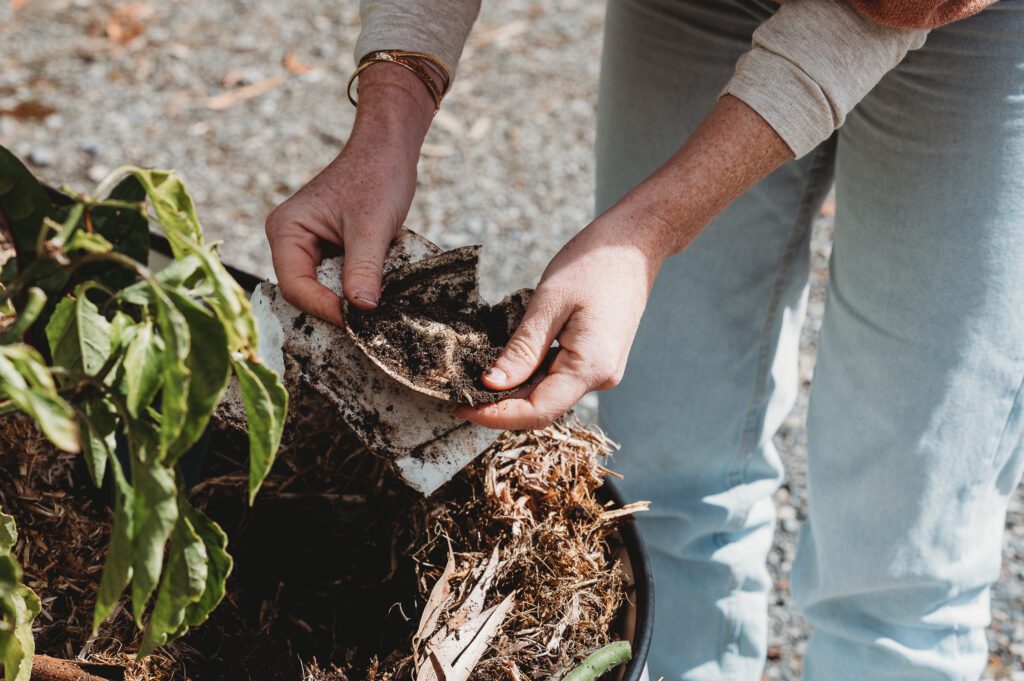
The meaning of home compostable
Products that break down and return to nature within a short timeframe for the disintegration and biodegradation, with toxicity measurement and without human intervention. For these products to be certified, they need to be tested according to certifications or standards.
World first home compostable certification
Tuv Austria was the first certification body in 2003 to define the requirement for a home compostable certification called OK COMPOST HOME. TÜV AUSTRIA (formerly Vinçotte) is a certification body authorised by European Bioplastics. Tuv Austria developed OK compost HOME program to guarantee complete biodegradability in the light of specific requirements, even in your garden compost.
According to the TUV website, “The OK compost HOME defined in 2003, has never been questioned since then and have served as the basis for the drafting of several standards, including:
- Australia: AS 5810 (2010)
- France: NF T 51800 (2015)
- Europe: prEN 17427 (2020)”
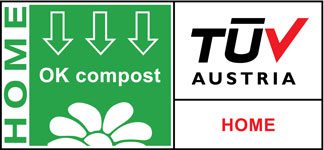
Other certification body & verification schemes for home compostability
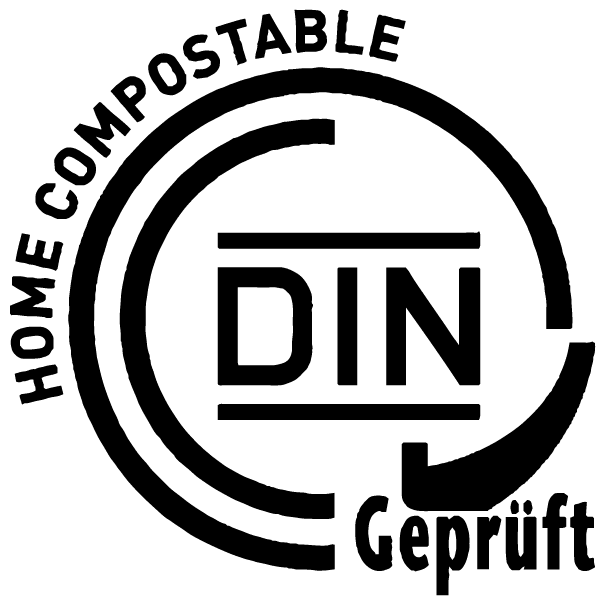
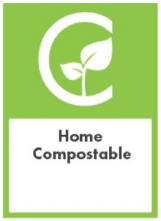
Renewable Energy Assurance Limited (REAL) is a verification scheme designed for the UK market. Products are tested according to the Australian Standard defined in 2010 AS5810 and the French Standard NF T51-800
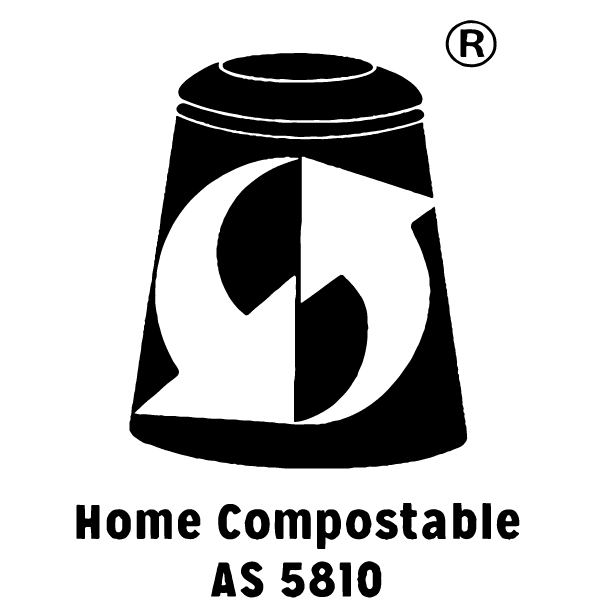
Standard for home compostable certification?
The Australian Standard AS5810 defined in 2010. Biodegradable plastics – Biodegradable plastics suitable for home composting The French Standard NF T51-800 defined in 2015. Plastics – Specifications for plastics suitable for household composting Europe: prEN 17427 defined in 2020. Packaging – Requirements and test scheme for carrier bags suitable for treatment in well managed household composting plants As said above all these standards have been created on the basis of the TUV OK COMPOST HOME certification.
What is tested?
| Certification body | TUV OK COMPOST HOME | Din CERTCO Home Compostable | ||
| Verification scheme | ABAX 9999 Home Compostable | REAL Home Compostable | ||
| Marks | 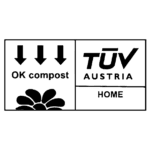 | 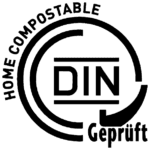 | 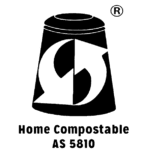 | 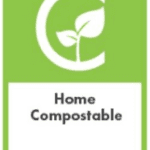 |
| Date | 2003 | 2013 | 2010 | 2021 |
| Over arching standard | TUV OK COMPOST HOME is the basis for all home compostable standards | NF T 51800 (2015) / "UPDATE FEV 2021 REMOVING" AS 5810 (2010) | AS 5810 (2010) | AS 5810 (2010) / NF T 51800 (2015) |
| Region | Worldwide | Worldwide | Australia | UK |
| Chemical characterisation | presence of heavy metals, toxic or harmful substances (such as Zn, Cu, Ni, Cd, Pb, Hg, Cr, Mo, Se, As, and F) to ensure that they are within permissible limits as specified in EN 13432 |
|||
| Aerobic biodegradation | sample must produce enough carbon dioxide to theoretically degrade by more than 90% weight/weight within six months according to ISO 14855 |
|||
| Disintegration | disintegration testing at least 90% w/w of the sample must disintegrate (or physically breakdown) to a fragment size less than 2 mm according to ISO 20200 |
|||
| Plant ecotoxicity | all test sample results must be within 10% of the ‘control compost’ performance according to OECD 208 |
|||
| Earthworm ecotoxicity | all test sample results must be within 10% of the ‘control compost’ performance according to ASTM E1676 |
|||
At Compostable Alternatives
We only work with certified home compostable products by the ANZ and/or European standards. This ensures they stand by what they claim!
All our products fully break down anywhere there is oxygen and micro organisms, in under 6 months.



About the author:
Marion is a French entrepreneur, profoundly interested in the composting industry. Her words are her own thoughts and come from her research and learning. Although she quotes and sources the information she shares, Marion is not a scientist or a researcher and her opinions should not be understood as a scientific truth.
Through her findings and experience in the industry, she is attempting to support hospitality businesses and producers in their search of alternative choices to single-use and other types of plastic packaging. You should always do your own research to best inform yourself.
Share this article :

